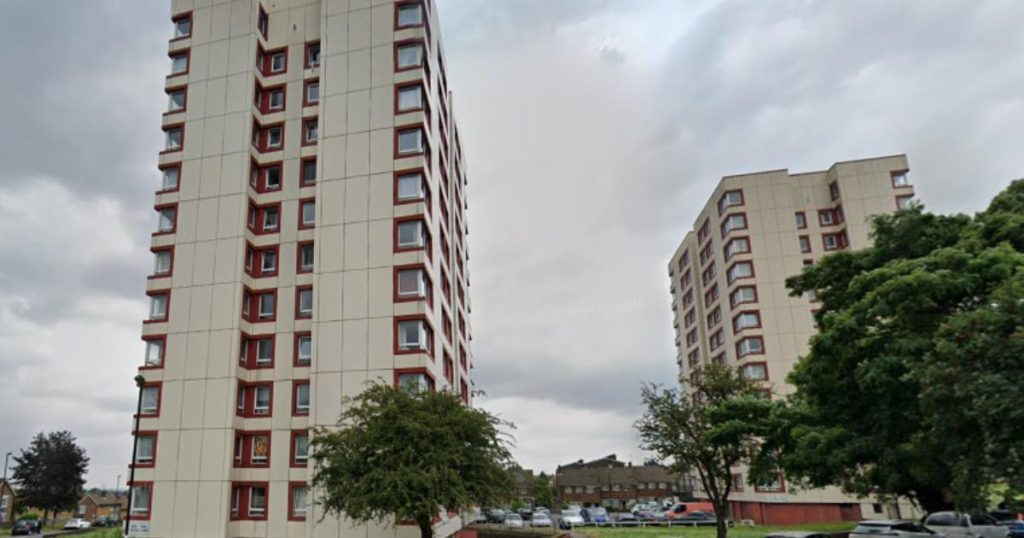New data from the Ministry of Housing, Communities and Local Government has been published on the most and least deprived local authorities in England.
The English Indices of Deprivation 2025 used data on income, employment, education, crime, health, housing, and local environment.
Of all the London local authorities, Croydon ranked eighth and was the first south London borough to be listed.
Around 3.49 per cent of Croydon’s neighbourhoods fall into the most deprived 10 per cent nationally.
This means that while Croydon is not among the very worst in England, it has the highest concentration of deprivation in south London.
Deprivation is not just about poverty or low income.
It is a measure of how difficult life can be for people living in certain areas.
The Index of Multiple Deprivation looks at a range of factors that affect everyday life, including how many people are unemployed or on low wages, how well children do at school, and whether adults have access to training and skills.
It also considers health, such as rates of illness and life expectancy, as well as crime levels and how safe people feel in their communities.
Housing quality and access to services like doctors and shops are also part of the picture, along with the local environment, including air quality and green spaces.
When an area scores highly for deprivation, it means residents face multiple challenges at once.
In Croydon, these problems are found in some areas, even though other parts of the borough are quite well-off.
The most deprived London borough was revealed to be Haringey in north London, which ranked at 42 nationally.
Other south London boroughs such as Bexley, Greenwich, Kingston, Merton, Southwark and Wandsworth all recorded zero per cent of their neighbourhoods in the most deprived 10 per cent nationally.
Mayor Jason Perry has repeatedly called for “fairer funding” to help the borough meet the pressures facing its communities.
He said: “For over a decade, Croydon has been held back by an outdated formula that fails to reflect our population growth, social challenges, and the rising cost of delivering essential services.
“For far too long, Croydon has been short‑changed by an outdated system that simply didn’t recognise the pressures we face.”




